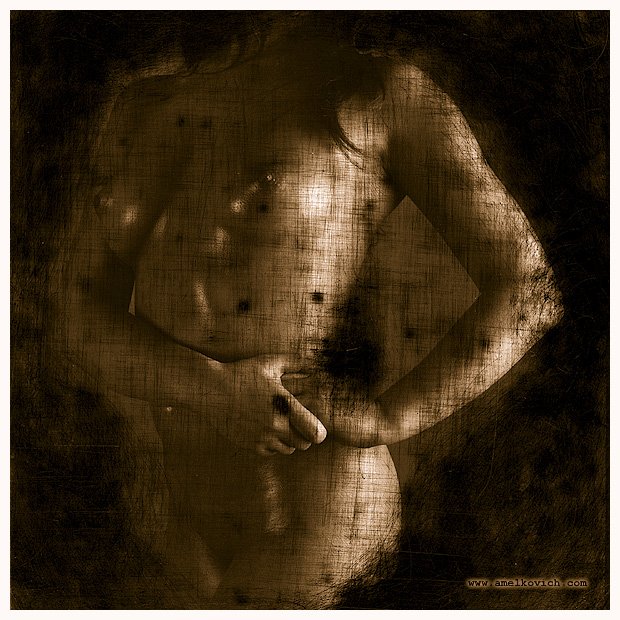|
|
Art By Igor Amelkovich
|
Value judgment
Somewhat in relation to the above, the word art is also used to apply judgments of value, as in such expressions as "that meal was a work of art" (the cook is an artist), or "the art of deception", (the highly attained level of skill of the deceiver is praised). It is this use of the word as a measure of high quality and high value that gives the term its flavor of subjectivity.
Making judgments of value requires a basis for criticism. At the simplest level, a way to determine whether the impact of the object on the senses meets the criteria to be considered art is whether it is perceived to be attractive or repulsive. Though perception is always colored by experience, and is necessarily subjective, it is commonly understood that what is not somehow aesthetically satisfying cannot be art. However, "good" art is not always or even regularly aesthetically appealing to a majority of viewers. In other words, an artist's prime motivation need not be the pursuit of the aesthetic. Also, art often depicts terrible images made for social, moral, or thought-provoking reasons. For example, Francisco Goya's painting depicting the Spanish shootings of 3rd of May 1808 is a graphic depiction of a firing squad executing several pleading civilians. Yet at the same time, the horrific imagery demonstrates Goya's keen artistic ability in composition and execution and produces fitting social and political outrage. Thus, the debate continues as to what mode of aesthetic satisfaction, if any, is required to define 'art'.
The assumption of new values or the rebellion against accepted notions of what is aesthetically superior need not occur concurrently with a complete abandonment of the pursuit of what is aesthetically appealing. Indeed, the reverse is often true, that the revision of what is popularly conceived of as being aesthetically appealing allows for a re-invigoration of aesthetic sensibility, and a new appreciation for the standards of art itself. Countless schools have proposed their own ways to define quality, yet they all seem to agree in at least one point: once their aesthetic choices are accepted, the value of the work of art is determined by its capacity to transcend the limits of its chosen medium to strike some universal chord by the rarity of the skill of the artist or in its accurate reflection in what is termed the zeitgeist.
|
|









